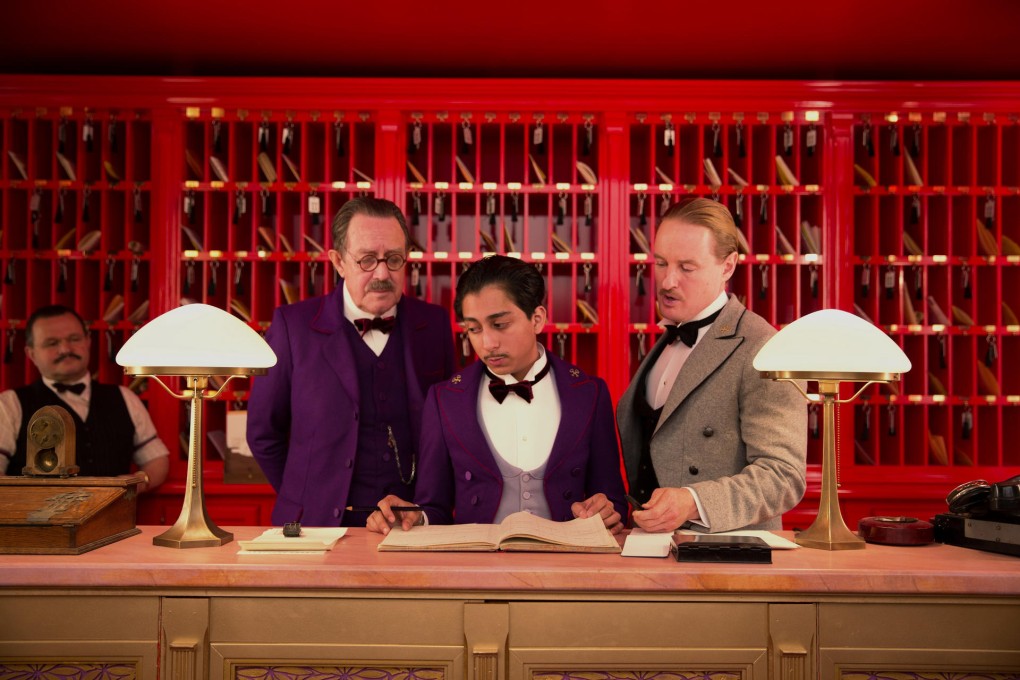Film review: a trip down memory lane via The Grand Budapest Hotel
James Mottram

The Grand Budapest Hotel
Starring: Ralph Fiennes, Adrien Brody, Tilda Swinton, Tony Revolori
Director: Wes Anderson
Category: IIB
Wes Anderson's eighth feature film has lofty ambitions, a five-star cast and, after its appearance at the Berlin Film Festival, the Grand Jury Prize.
This is the most satisfying film Anderson has made since 2001's family saga The Royal Tenenbaums; it's an intricate tapestry of comedy and adventure, pathos and whimsy.
Set primarily in the 1930s, the action takes place in the fictional east European republic of Zubrowka, in and around the eponymous establishment, a place run with clockwork precision by the hotel's concierge, Monsieur Gustave H (Ralph Fiennes).
Like a well-plumed peacock, Gustave is a vain creature, who likes nothing better than squiring the aged female residents - including the 84-year-old Madame D (Tilda Swinton, under swathes of prosthetics).
When she dies in mysterious circumstances, Gustave liberates a priceless painting from her collection. This causes consternation among the greedy relatives, especially Madame D's son Dmitri (Adrien Brody). Gustave and his lobby boy Zero (Tony Revolori) then set out on a madcap adventure where they tangle with the law, military forces and prison nasties.